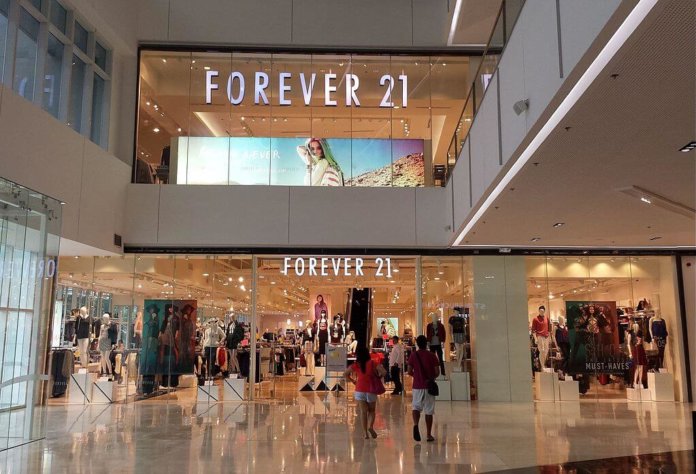
The only negative thing one could say about the rags to riches success story of Forever 21 husband and wife co-founders Dowon Chang and Jinsook Chang is that it so closely follows the script of the American dream come true, it borders on being cliché. After arriving in the United States in 1981, the young South Korean couple turned their dream of starting a business into an empire that has more than 790 stores in 48 countries that generate for more than $4.4 billion in revenue. Today, the couple has a personal net worth of more than $3 billion.
Success as Inspiration
Chang believes their overwhelming success can serve as an inspiration for other immigrants who dream of starting their own business. “Forever 21 gives hope and inspiration to people who come here with almost nothing,” Chang told the LA Times in 2010. “And that is a reward that humbles me: the fact that immigrants coming to America, much like I did, can come into a Forever 21 and know that all of this was started by a simple Korean immigrant with a dream.”
That dream started when Chang arrived in Los Angeles in 1981. He and Jin Sook had planned on starting their own coffee business when Chang made an observation while working as a gas station attendant. “I noticed the people who drove the nicest cars were all in the garment business,” Chang said.
The Forever 21 Winning Strategy
In 1984, after saving up $11,000 over three years, the couple opened up a clothing store in the Highland Park neighborhood of Los Angeles and called the store Fashion 21. Their strategy from the outset was to have the latest fashions at affordable prices. To make this possible, they took advantage of wholesale close-outs, and looked for ways to acquire discounted merchandise directly from the manufacturer. This strategy paid immediate dividends for the brand new store. They did more than $700,000 in revenue in their first year in business.
With such a fast start out of the gate, the company opened new stores across the United States and Asia, eventually changing the name to Forever 21. And it wasn’t just about the number of stores; the square footage of the floor space was expanding as the company grew. Larry Myer joined the company as CFO in 2001. Ten years later, he told Bloomberg News why large retail spaces were so important to Dowon Chang.
“We’re looking for bigger spaces and better malls,” he said. “Having really big stores has always been Mr. Chang’s dream. He’s always wanted to be a fashion department store, with clothes for all kinds of people. Now the real estate is available, and we’re confident that we have the merchandise to fill it.”
Bumpy Road at Times
Of course, large retail spaces can become a burden when an economic downturn hits the retail industry. This was a reality the company faced very recently when they had to either downsize or altogether close some of their larger retail spaces.
“The garment industry right now isn’t easy,” Chang said in a 2016 interview with Forbes. He cited the increase in online shopping as one of the key reasons traffic to mall locations has decreased. But with an aggressive expansion strategy into international markets, he is optimistic about what the future has in store for Forever 21.
The Next Generation
In the not too distant future, the company will be placed in the hands of the couple’s two daughters, Linda and Esther. Linda has been in charge of marketing for some time now and is likely to take the reins when her father is ready to step aside. Esther oversees the visual aesthetics of the company’s efforts. In his interview with the LA Times, Chang stressed the importance of having his family closely involved in the business.
“It’s important my daughters learn from the hard work my wife and I put into this company,” said Chang. “Who better to look out for your best interests than family?”









